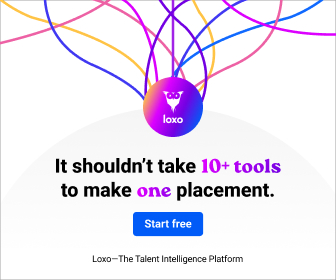Research from Benifex has found that more than three quarters (79 per cent) of employers have increased spending on employee benefits over the past 12 months in response to rising employee expectations. Despite this, 62 per cent of employees still find it difficult to see the value of their benefits and are unsure if they’re making the most of what’s available.
Benifex believes a value void in benefits is emerging – where good intentions and increased investment fail to translate into real-world value for employees.
While 69 per cent of employees say benefits are having a positive impact on their life — a promising result in itself — as many as 90 per cent of HR leaders believe their benefits are making a meaningful difference to employee lives. It’s encouraging that so many employees are feeling the value. But the numbers also highlight a disconnect between how employers and employees view the impact of benefits. This is the value void.
The research reveals a fundamental disconnect: increased investment is being undermined by a lack of clarity, confidence and understanding across the workforce. 85 per cent of employees feel that benefits need to be simpler to understand, access and change.
Employee expectations around benefits are skyrocketing, with 81 per cent stating that employers should offer more cost-of-living support, and the same percentage want their benefits package to adapt as their personal circumstances change. Employees now consider benefits critical to their overall experience at work: 81 per cent report that benefits are important when choosing an employer; and 71 per cent say the benefits their employer offers matter more now than two years ago.
Commenting on the research, Matt Macri-Waller, Founder & CEO, Benifex, said: “It’s encouraging that two-thirds of employees feel that their benefits positively impact their lives, but this is only part of the picture. Despite the good intentions and increased investment from employers, many employees remain unclear on the value of their benefits. They’re unsure what they’re entitled to, whether they’re making the most of what’s available, or even how to access what’s on offer. This growing disconnect between employer intent and employee experience – the ‘value void’ – is having a real impact, with too many employees feeling underwhelmed, unsure, and worried they’re missing out.
“A value-based approach to benefits and rewards lets employers meet elevated employee expectations and maximise the real-world impact of every dollar spent. When benefits are understood and appreciated, they become a powerful lever to support employee wellbeing, drive performance, and differentiate your organisation in a competitive market.”
In response to soaring employee expectations, employers are turning to technology. 46 per cent now have a platform in place — a huge jump from 12 months ago, when just 14 per cent had a platform in place. Benefits technology is seen as vital to make benefits more accessible and improve employee experience. Platforms can also streamline processes, reduce admin for HR teams, and deliver useful insights into benefits spend, engagement, and take-up.
The research highlights how organisations that have deployed a benefits platform are performing at a higher level when it comes to tracking benefits investment and impact, aligning benefits with company values, increasing engagement around benefits, and keeping pace with changing employee demands.
The full research findings are available in the new white paper, “Propelling Reward & Benefits: The employee experience value void,” which is available for download here.





